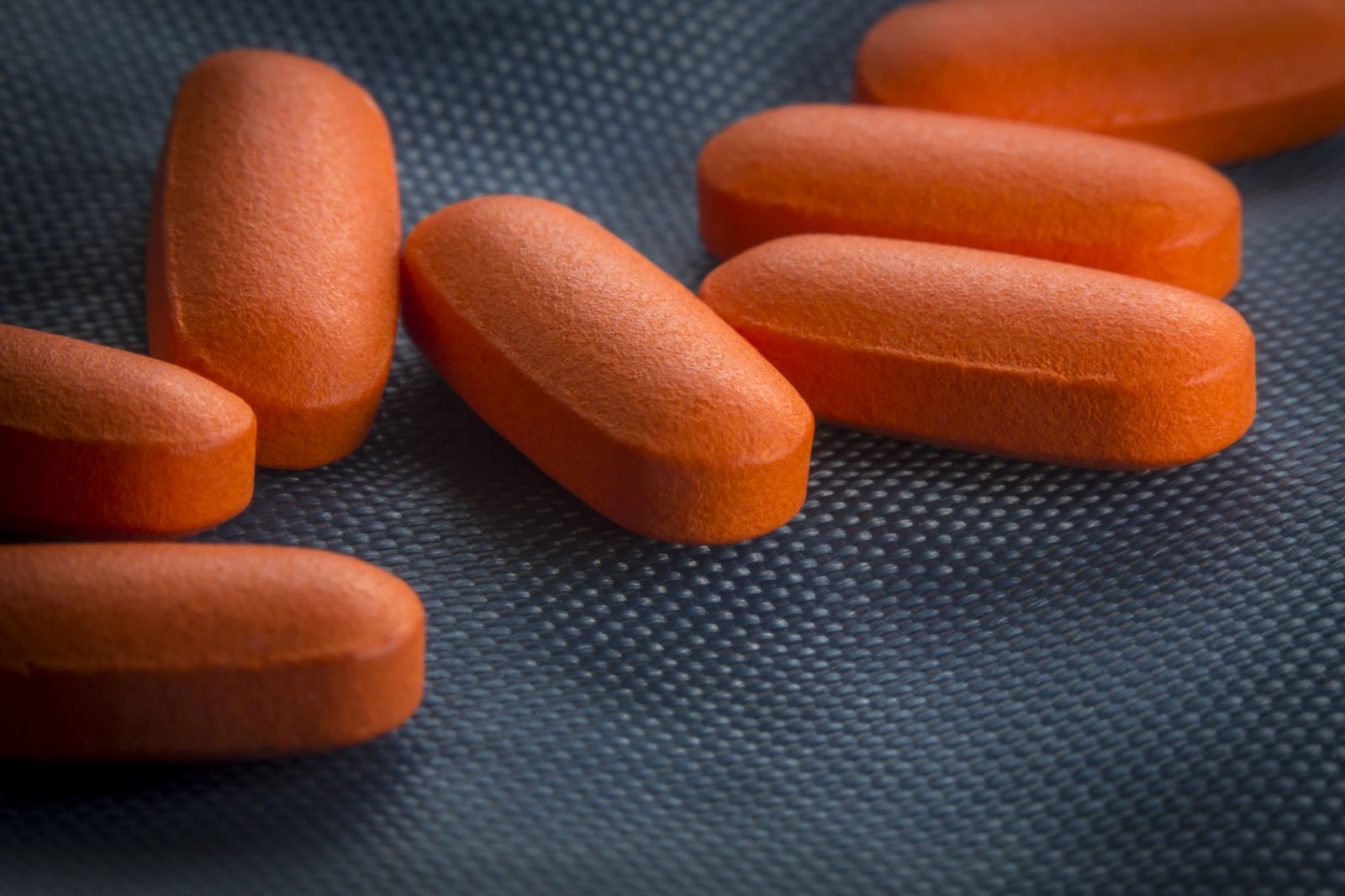
5 timeless habits for better health

What are the symptoms of prostate cancer?

Is your breakfast cereal healthy?

When pain signals an emergency: Symptoms you should never ignore

Does exercise give you energy?

Acupuncture for pain relief: How it works and what to expect

How to avoid jet lag: Tips for staying alert when you travel

Biofeedback therapy: How it works and how it can help relieve pain

Best vitamins and minerals for energy

Should you take probiotics with antibiotics?
Heart Health Archive
Articles
Potassium lowers blood pressure
When it comes to fighting high blood pressure, the average American diet delivers too much sodium and too little potassium. Eating to reverse this imbalance could prevent or control high blood pressure and translate into fewer heart attacks, strokes, and deaths from heart disease.
Normal body levels of potassium are important for muscle function. Potassium relaxes the walls of the blood vessels, lowering blood pressure and protecting against muscle cramping. A number of studies have shown an association between low potassium intake and increased blood pressure and higher risk of stroke. On the flip side, people who already have high blood pressure can significantly lower their systolic (top number) blood pressure by increasing their potassium intake when they choose to eat healthy foods.
Low potassium levels from diuretics
Thiazide diuretics like hydrochlorothiazide (Esidrix, HydroDIURIL, other brands) continue to be a very effective way to lower blood pressure for people with hypertension. They're inexpensive, and results from large studies have shown them to be at least as effective as other types of blood pressure drugs for most patients.
But if you're taking a diuretic, your potassium levels need to be watched. These drugs direct the kidneys to pump water and sodium into the urine. Unfortunately, potassium also slips through the open floodgates. A low potassium level can cause muscle weakness, cramping, or an abnormal heartbeat, which is especially dangerous for people with heart problems.
Cholesterol testing at home: It may be faster, but is it better?
If you don't mind pricking a finger, you can check your cholesterol without sitting around in a doctor's waiting room or laboratory. Devices available in pharmacies or through the Internet make this easy to do at home. But is it worth doing?
The makers of home cholesterol tests rightly tout their products as faster than visiting a doctor. You prick your finger, gently squeeze a few drops of blood onto a test strip or into a small "well," and you get the results in a few minutes, instead of waiting a few days.
Harvard researchers renew warnings about saturated fat and heart disease
Higher intake of saturated fats is associated with a 24% greater risk of coronary artery disease. Replacing 1% of those fats with the same amount of calories from unsaturated fats, whole grains, or plant proteins appears to reduce the risk of coronary artery disease.
What you may not know about your heart
Cardiovascular disease in women isn't identical to that in men. Understanding the differences can help you prevent or minimize the effects of a heart attack.
Image: SomkiatTakmee /Thinkstock
Cardiovascular disease is the leading killer of women, but women's heart disease hasn't captured the popular imagination the way men's has. Although you can probably recall a movie in which a man collapsed with a heart attack, you're unlikely to remember a similar scene starring a woman. That may be because women develop heart disease about 10 years later than men do. While men are most likely to have a first heart attack around age 65, a woman's first heart attack occurs at an average age of 71. Moreover, heart disease doesn't become the leading cause of death for women until age 85.
If heart disease comes to women so late in life, why should we be concerned about it when we're younger?
Diuretic blood pressure drug linked to fewer hip fractures
In a large, long-term clinical trial, people taking the diuretic chlorthalidone had significantly fewer hip fractures than those taking the calcium-channel blocker amlodipine or the ACE inhibitor lisinopril.
Large study indicates racket sports offer best protection against cardiac death
In a large United Kingdom study, regularly practicing racket sports, swimming, or aerobics significantly reduced the risk of dying over eight to 13 years.
Fitness trackers: A path to a healthier heart?
New, improved devices and apps may better guide you to exercise at the right intensity to help your heart.
Image: LDProd /Thinkstock
Perhaps the best-known problem with fitness trackers is that people often retire them to a junk drawer after a few months, once the novelty of using them wears off. But that's not the only shortcoming with these devices, which are typically worn around the wrist or clipped to clothing.
Sure, they'll count your steps, display your heart rate, and even estimate how many calories you've burned—although you'll probably need to sync your tracker with an app on your smartphone, tablet, or computer to see these data. However, very few of the popular free apps of this type are grounded in published evidence. And they don't necessarily follow well-established exercise guidelines. Even if you do meet recommended daily exercise goals—like 30 minutes of brisk walking or 10,000 steps—how do you know if you're really working your heart enough to keep it healthy? And what if you've been sedentary for years or have a chronic medical condition—can an app help you exercise safely?
Afib stroke prevention: Go set a Watchman?
Most people with atrial fibrillation take anti-clotting drugs to prevent strokes. For those who cannot take these drugs because of a high risk of bleeding, a tiny, basket-like device implanted in the part of the heart that traps clots may be an alternative.
Are some painkillers safer for your heart than others?
Despite new research, the answer is unclear. Use caution when taking any pain medication on a routine basis.
Image: iStock
People with aching joints from arthritis—which affects nearly one in four adults—often rely on drugs known as NSAIDs to ease the pain of this often-debilitating condition. These popular medications also relieve headaches, cool fevers, and dampen inflammation. But with the exception of aspirin, most NSAIDs pose a risk to the cardiovascular system, notes Harvard professor Dr. Elliott Antman, a cardiologist at Brigham and Women's Hospital.
"Taking NSAIDs routinely over a long time period can raise the risk of blood clots, increase blood pressure, and accelerate cardiovascular disease," says Dr. Antman. While the danger is greatest in people with heart disease, it's also present in people without any signs of the disease.

5 timeless habits for better health

What are the symptoms of prostate cancer?

Is your breakfast cereal healthy?

When pain signals an emergency: Symptoms you should never ignore

Does exercise give you energy?

Acupuncture for pain relief: How it works and what to expect

How to avoid jet lag: Tips for staying alert when you travel

Biofeedback therapy: How it works and how it can help relieve pain

Best vitamins and minerals for energy

Should you take probiotics with antibiotics?
Free Healthbeat Signup
Get the latest in health news delivered to your inbox!
Sign Up







